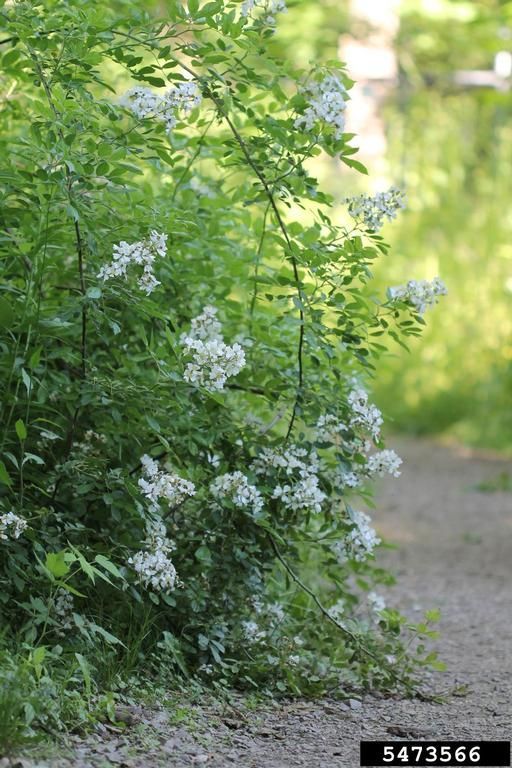Managing For Oak Wilt Workshop
A prevalent invasive species is affecting Michigan oak trees. Oak wilt is a devastating disease carried by burrowing insects and spread through root systems. It attacks the vascular system of the tree and is fatal for all species in the oak group. The leaves of the infected tree start to wilt and discolor, eventually dropping. Patches of bark are shed to reveal vascular tissue. Once a tree is infected there is no treatment.
This problem is affecting both private and public lands, making it even more pertinent for collective efforts in controlling this invasive species.
It may seem disheartening, but oak wilt can be controlled through prevention. On Wednesday, April 27th from 2 pm – 4 pm, the Land Conservancy of West Michigan is holding a workshop discussing oak wilt effects and the preventative control methods. The program will include an educational presentation by Heidi Frei, the DNR Parks and Recreation Division Forest Health Specialist, and a guided hike. Free white oak seedling bundles will be given to participants, while supplies last.
Participants will meet in the Wittenbach Wege Center at 11714 Vergennes St., Lowell MI.
For more information and to register, click HERE.
This event is held in collaboration with the West Michigan Conservation Network, Land Conservancy of West Michigan, Michigan DNR, Michigan United Conservation Clubs, National Wild Turkey Federation, and Kent Conservation District.
The post Managing For Oak Wilt Workshop appeared first on Michigan United Conservation Clubs.
Recent Posts



